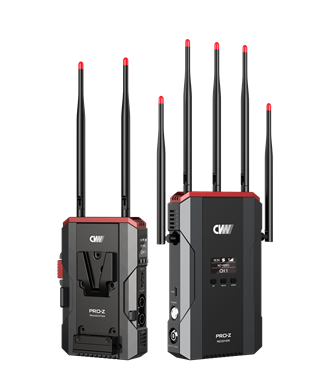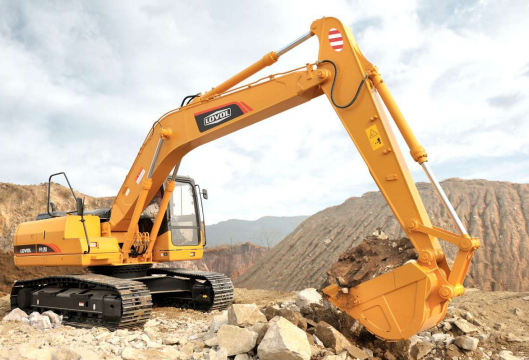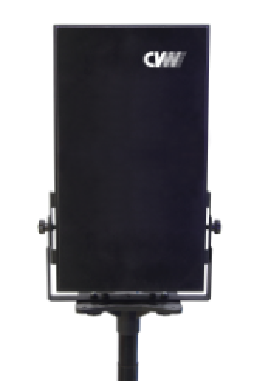Construction machinery plays a vital role in the development of infrastructure projects worldwide. From excavators and bulldozers to cranes and loaders, these machines are essential for efficient and timely completion of construction tasks. However, to ensure the safety of workers and the quality of construction projects, it is crucial to establish and adhere to product standards for construction machinery. This article aims to explore the significance of product standards in the construction machinery industry, their key components, and the benefits they bring to the construction sector.
1. Importance of Product Standards in Construction Machinery
Product standards serve as a benchmark for manufacturers, regulators, and end-users in the construction machinery industry. These standards define the minimum requirements that construction machinery must meet to ensure safety, reliability, and performance. By adhering to product standards, manufacturers can enhance the quality of their products, reduce the risk of accidents, and improve overall customer satisfaction. Moreover, product standards facilitate fair competition among manufacturers, ensuring a level playing field and preventing the entry of substandard machinery into the market.
2. Key Components of Product Standards for Construction Machinery
a. Safety: Safety is paramount in the construction industry. Product standards for construction machinery focus on safety aspects such as operator protection, stability, and emergency stop systems. These standards ensure that machinery is designed and manufactured to minimize the risk of accidents and injuries.
b. Performance and Efficiency: Construction machinery must meet certain performance and efficiency criteria to ensure optimal productivity. Product standards define parameters such as engine power, fuel consumption, lifting capacity, and digging force, ensuring that machinery operates efficiently and meets the demands of various construction tasks.
c. Environmental Considerations: With growing environmental concerns, product standards for construction machinery also address emissions, noise levels, and fuel efficiency. These standards encourage the development and adoption of eco-friendly technologies, reducing the environmental impact of construction machinery.
d. Ergonomics: Construction machinery operators spend long hours in their machines. Product standards focus on ergonomics, ensuring that machinery is designed with operator comfort and safety in mind. This includes features such as adjustable seats, easy-to-use controls, and good visibility.
3. Benefits of Product Standards for Construction Machinery
a. Safety Enhancement: Adhering to product standards significantly reduces the risk of accidents and injuries in the construction industry. By incorporating safety features and design requirements, product standards ensure that machinery is built to withstand the rigors of construction tasks and protect operators and workers on-site.
b. Quality Assurance: Product standards act as a quality assurance mechanism, ensuring that construction machinery meets the required performance and reliability standards. This leads to improved durability, reduced downtime, and increased customer satisfaction.
c. Regulatory Compliance: Product standards provide a framework for regulatory bodies to enforce safety and quality requirements. Compliance with these standards is often a prerequisite for obtaining necessary certifications and permits, ensuring that only safe and reliable machinery is used in construction projects.
d. International Trade Facilitation: Harmonized product standards enable the smooth flow of construction machinery across borders. By adhering to internationally recognized standards, manufacturers can access global markets, promoting fair trade and healthy competition.
Product standards for construction machinery are essential for ensuring the safety, efficiency, and quality of construction projects. By establishing minimum requirements for safety, performance, and environmental considerations, these standards play a crucial role in protecting workers, enhancing productivity, and reducing the environmental impact of construction machinery. Adhering to product standards not only benefits manufacturers by improving their products' quality but also provides regulators and end-users with confidence in the machinery's reliability and safety. As the construction industry continues to evolve, it is imperative to prioritize the development and implementation of robust product standards to meet the ever-growing demands of the sector.

 Multi-camera wireless video transmission
Multi-camera wireless video transmission Zero Latency Wireless Video Transmission
Zero Latency Wireless Video Transmission
 Designed for teleoperating the heavy equipment
Designed for teleoperating the heavy equipment Wireless high-speed data transmission
Wireless high-speed data transmission

